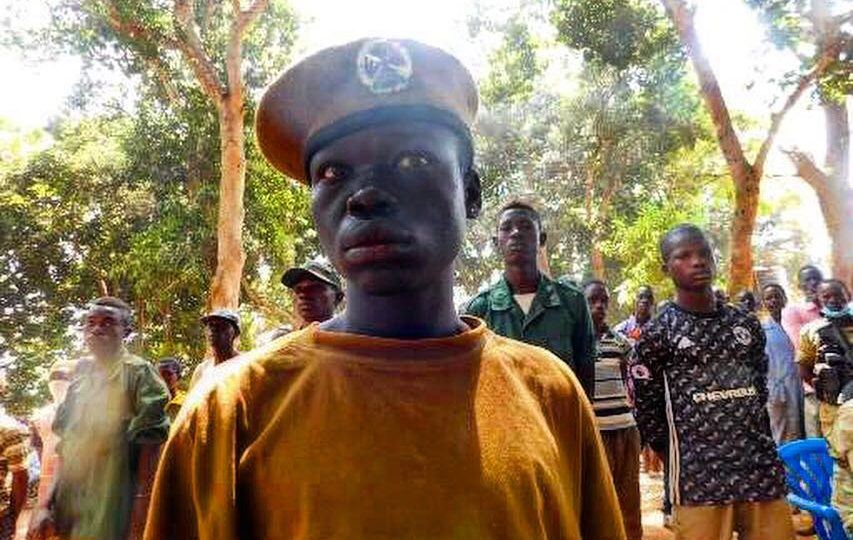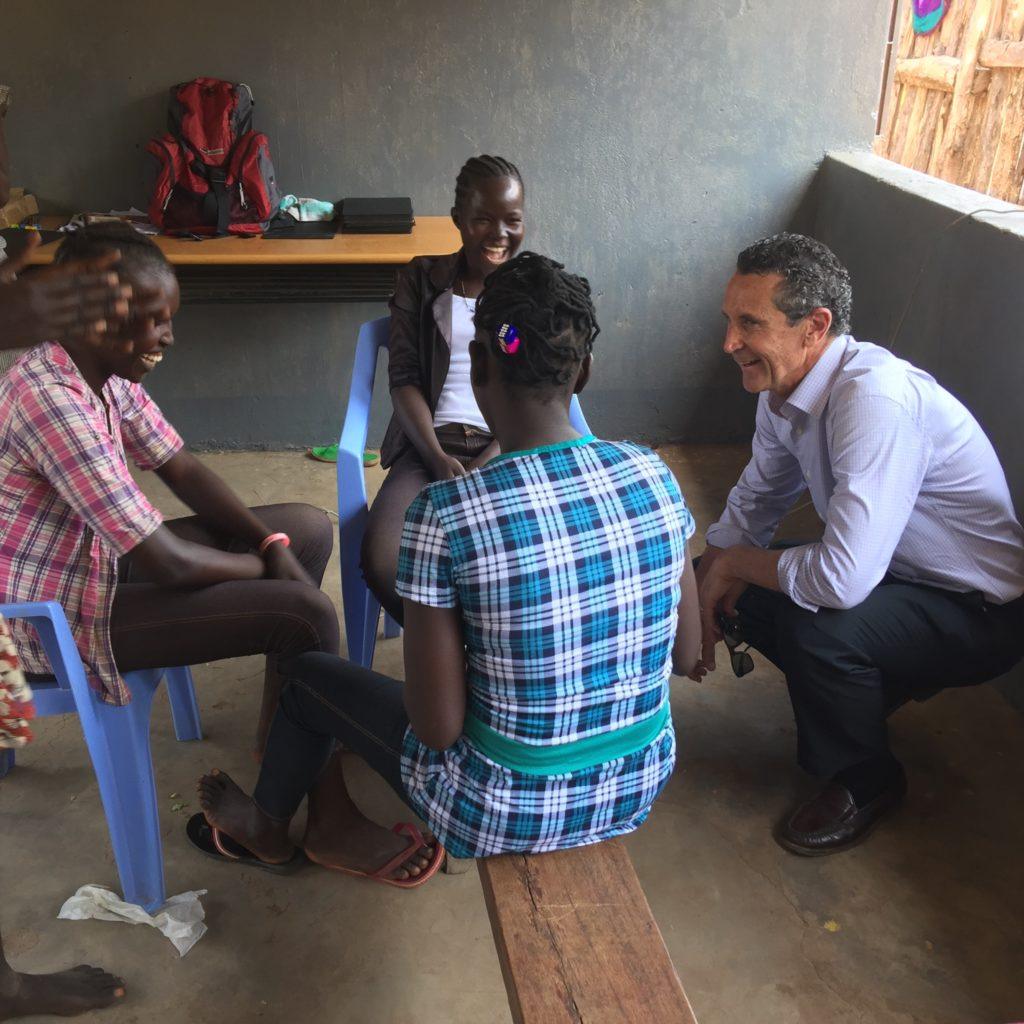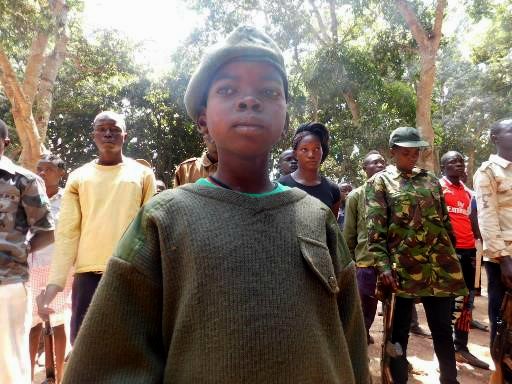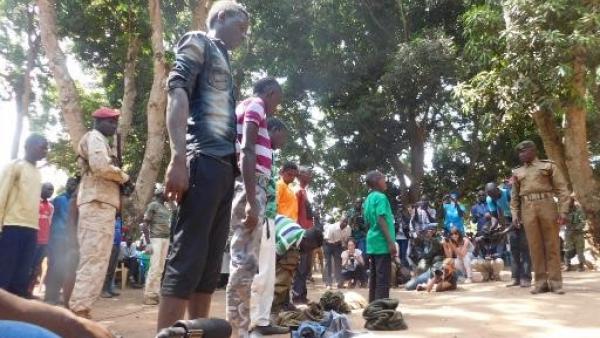What’s Next for Child Soldiers Recently Released in South Sudan?

Silvia Celi of RFI News recently interviewed CMMB’s president and CEO, Bruce Wilkinson about the child soldiers recently released in South Sudan. The interview was originally shared in Spanish and has been translated below.
According to UNICEF data, there are around 300,000 child soldiers in the world. These are children whose childhood has been truncated. Children who, if they continue in this situation of helplessness and extreme violence, will become like the very adults who robbed them of innocence.
What is the situation in Yambio right now?
More than 300 children have been officially released, and 87 are girls. Now they are in a reintegration process where they receive orientation and care and we will try to return them to their families. Today, I went to the immigration services to meet the girls. It is very interesting because many of them have been abducted, others have been victims of abuse, and others have been forced to submit to rebel commands. They are very young girls. It was very sad to see six of them today, girls from 14 to 16 years old, who now have babies.
What are you doing to try to help these children recover a more or less normal life?
As soon as we identify the children we start looking for their parents’ residence because we believe that they should be with their families and returned to their communities. But in the meantime, they are in the process of reintegration, which usually takes about three months. We gathered them to tell their stories, what happened to them, and how that changed them. That is what we call psychological assistance. It is a way that they can be heard and at the same time, they can listen to the experiences of other children.
They all receive a full medical check-up because many of them have been living in the bush without access to clean water, proper nutrition, or care. They are also examined for venereal diseases. It is tragic when you see young girls who have been sexually assaulted and subjected to gender based violence.
At the end of the reintegration process, we encourage them to play. Children play with each other, laugh, and begin to relax a little, and above all to feel safe and protected. Their childhoods have been stolen. We want them to find themselves again. We also want to help them develop certain skills, so that when they return to their communities they can contribute, earn some money, find their purpose. So, we teach them basic things.
Are communities and families receptive to the return of children?
This is a difficult question. Many of these children escaped because they were very unhappy in their communities. Some were forced to return to their villages to commit crimes or to hurt people. There are communities and families that are not very inclined to receive them. On the other hand, there are families that miss their children who were abducted, taken by force. I would say that about 25 percent of these children encounter problems when they return to their communities, while 75 percent will be well received by their families.
Bruce, from an emotional point of view, how do you and your team handle such terrible situations, especially when it comes to children?
It’s difficult. Today, when I was with the girls, I saw a group of about twenty who are between 13 and 17 years of age. They were with their babies, the sons of the rebels. But they have hope because now someone cares about them, someone loves them, someone protects them. Their eyes reflect terrible experiences. It’s very sad. But one has to overcome and move on. We have to help them see that they have a future, that they will be able to overcome these experiences.
These girls have to think that the future will be better. That’s our job, but it’s not just work, it’s part of who we are. CMMB believes that every child has the right to hope, whatever their circumstances or the experiences that they have lived. We know that children are incredibly resilient, and it’s beautiful to see how a child who has suffered so much goes back to a “normal” life. I had the privilege of watching three girls who were playing cards, they laughed, they hugged each other. It was very nice to see girls being just girls who are 15 years old. I think that bringing them together is beneficial for everyone.

Finding a reason to smile again. Bruce meets with some of the girl who were recently released from armed groups.
Are there children who live in similar situations in the world?
Children around the world suffer the consequences of society. When society loses its ability to protect and love its children, it means that things have gone very wrong. The only thing we want is to protect them and provide them with a better future. Everyone deserves a reason to hope. We want to give them that.
Background:
In partnership with UNICEF, CMMB helped to renovate a child transit center to welcome and receive child soldiers who were recently released by armed forces in Yambio, South Sudan. CMMB will also provide counseling and care to help these children start to heal from both physical and psychological wounds and ultimately support their return to their families and communities.
This interview was originally published in Spanish on RFI’s website.

